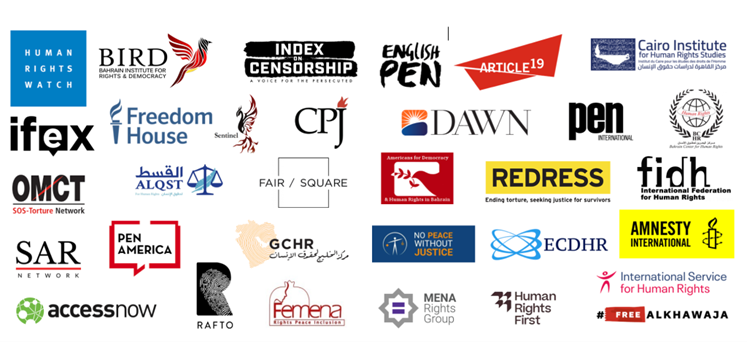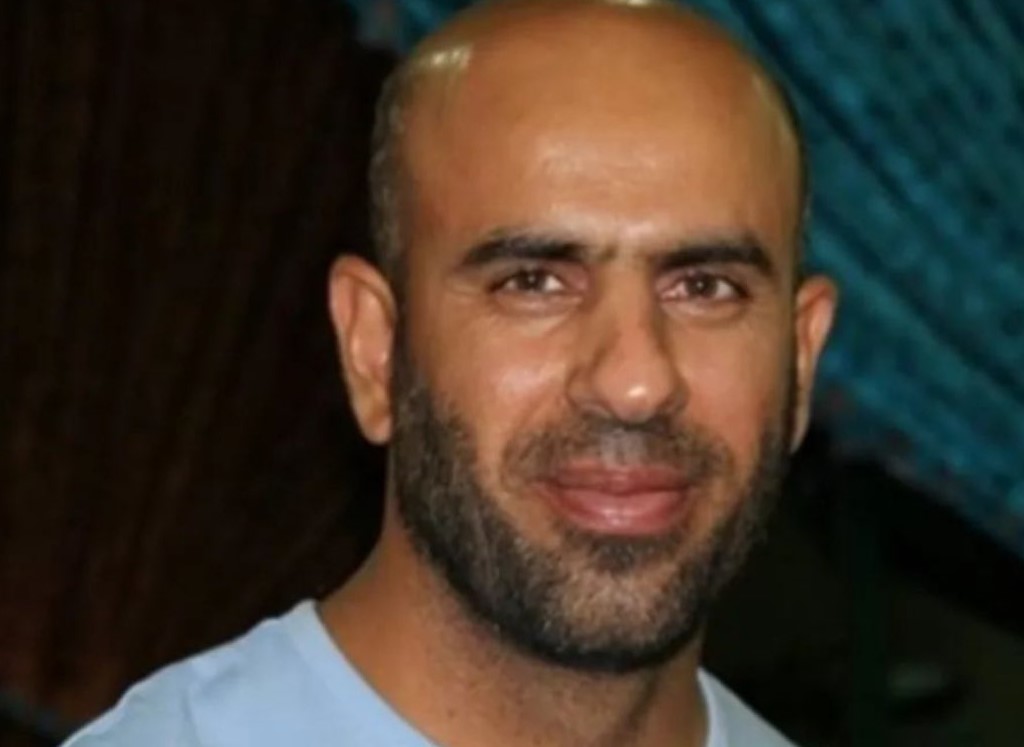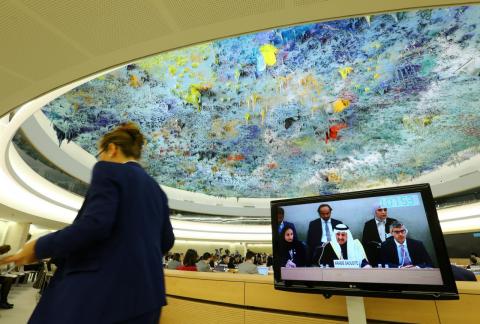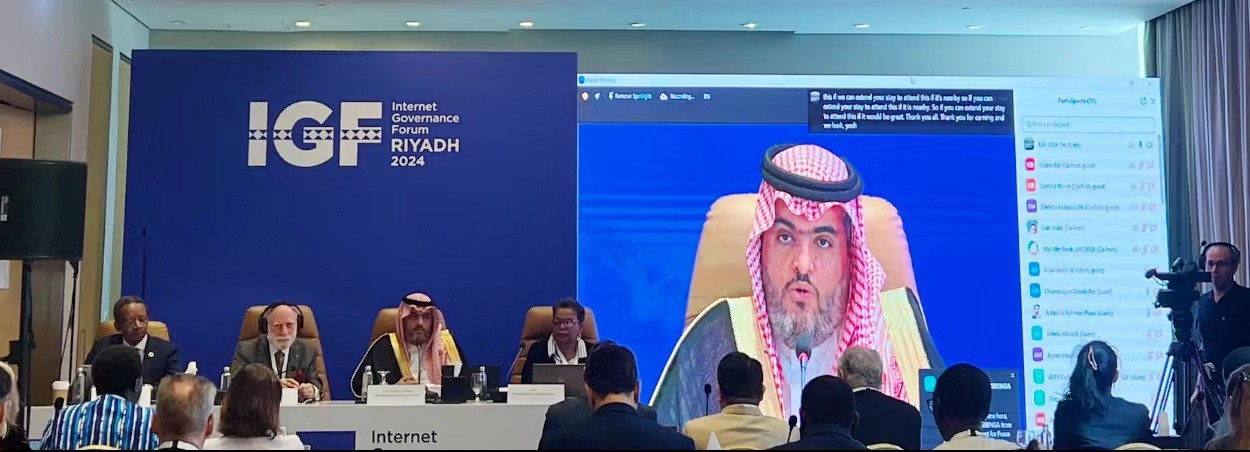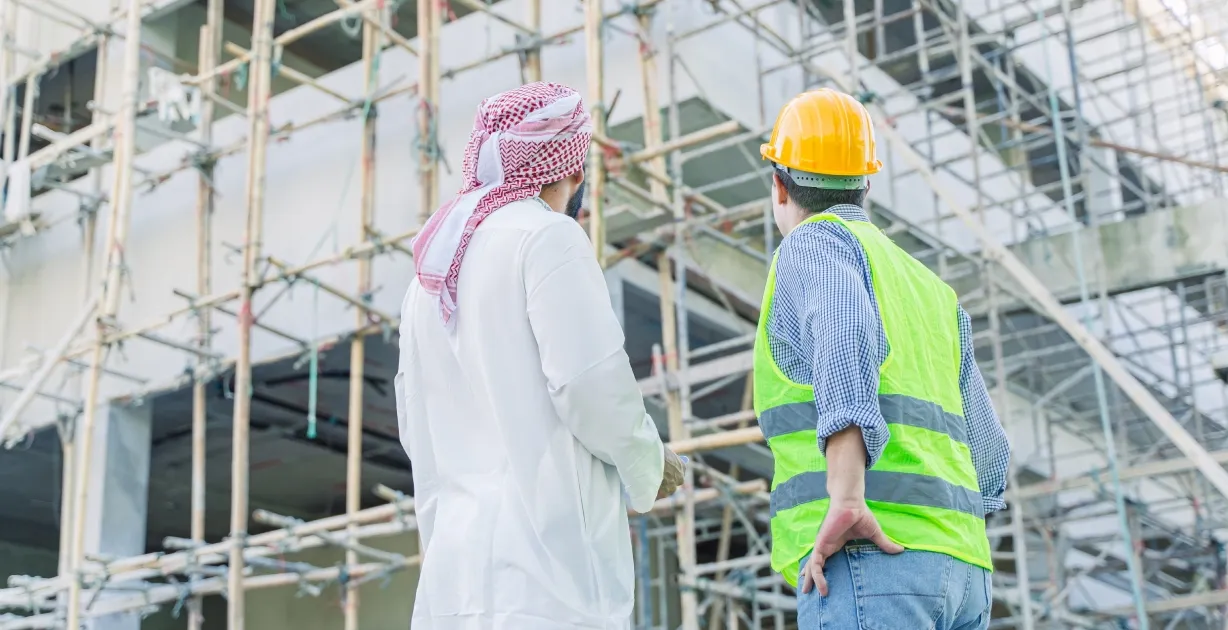Re: Upcoming 56th Session of the Human Rights Council 30 May 2024 Your Excellencies, Ahead of and during the upcoming 56th Session of the Human Rights Council, we urge you and your delegation to raise concerns over the human rights situation in Bahrain, particularly regarding the continued arbitrary detention of human rights defenders and[…]
Updated: Ebrahim Yusuf Ali AlSamahiji was a 39-year-old Bahraini citizen and an employee at the Aluminium Bahrain Company (ALBA) when Bahraini authorities arbitrarily arrested him from his home on 15 October 2015 without presenting an arrest warrant. During his detention, he was subjected to torture, sexual assault, religion-based insults, provocation, insults, enforced disappearance, solitary confinement,[…]
Saudi Arabia’s human rights record continues to be deeply concerning. This report includes the four most alarming points at present in Saudi Arabia; including the killing of migrants, repression of dissidents and systemic discrimination against women. The following sectors covered by this report violate international Human Rights standards and demand urgent attention. Criminal Justice, Arbitrary[…]
Saudi Arabia is set to host the United Nations’ Internet Governance Forum in Riyadh at the end of this year, from the 15th to the 19th of December. The United Nations’ division was created as a multistakeholder platform facilitating the discussion of public policy issues pertaining to the internet, in December, the program will be[…]
Summary The United Arab Emirates is the country with the highest proportion of international migrants in the world. Labour migration in the kingdom is governed by a restrictive and abusive system, named kafala, that causes numerous and well-documented abuses. This briefing paper contextualizes the kafala system in the Gulf Cooperation Council (GCC) countries and the[…]


